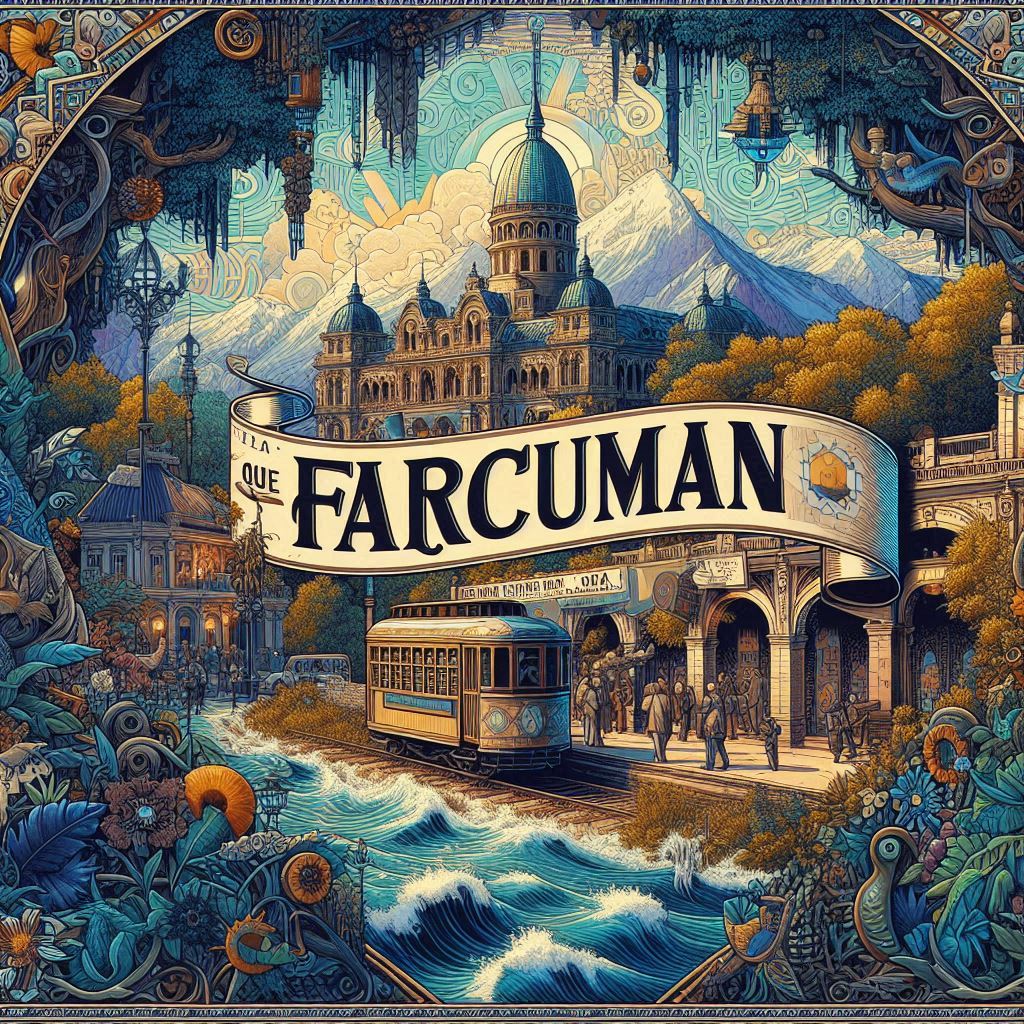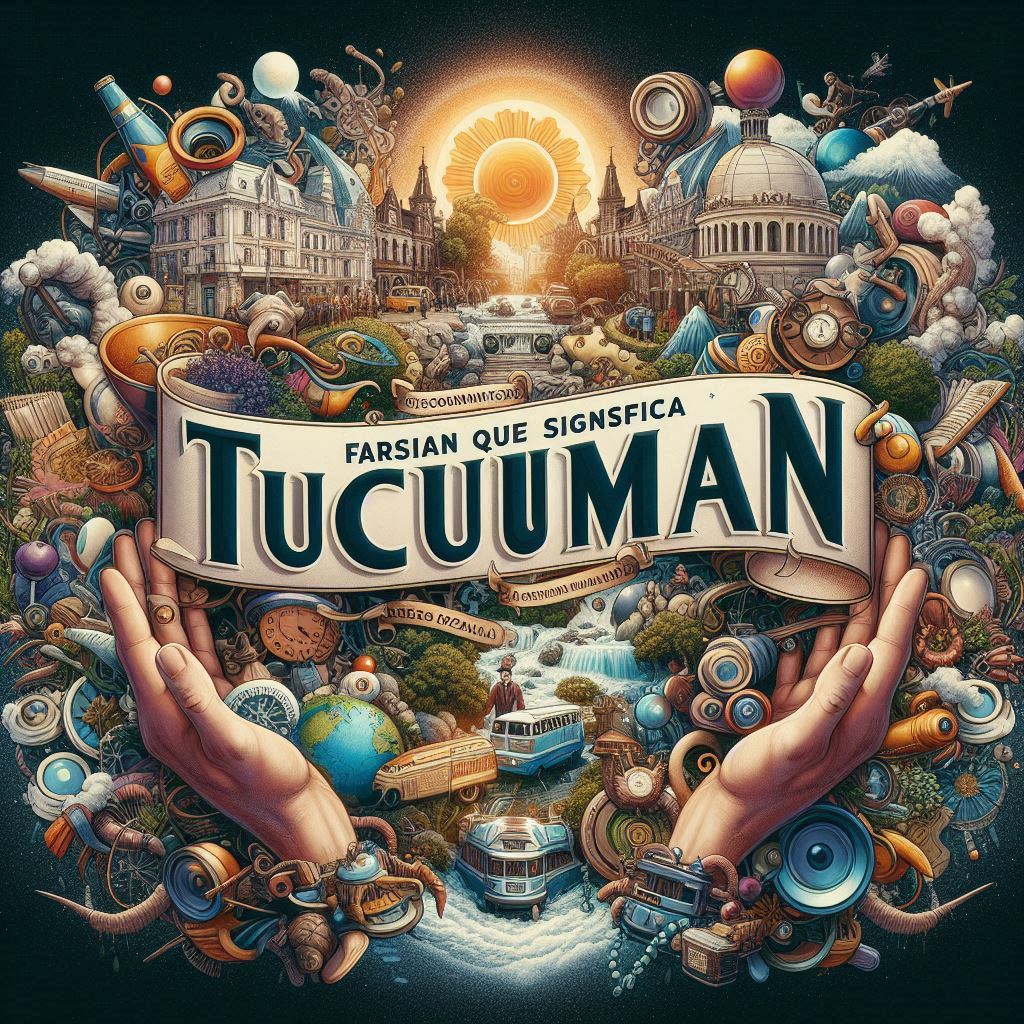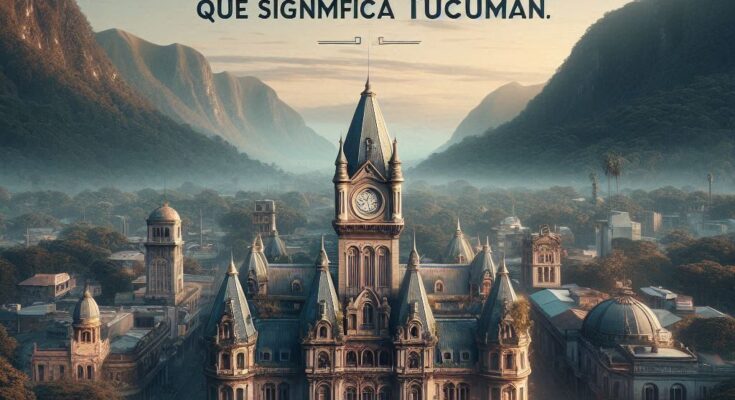Introduction
“Farsiar que significa Tucumán” is more than just a phrase. It connects the mystery of the word “Farsiar” with the charm of Tucumán, a remarkable place in Argentina. This phrase combines cultural depth, historical richness, and linguistic curiosity. Tucumán, known as “the garden of the Republic,” holds stunning natural beauty, a vibrant history, and unique traditions. “Farsiar,” though less understood, adds an air of imagination and creativity. Together, they form a compelling narrative that showcases the power of words and the significance of cultural connections. By exploring their meanings, history, and impact, this article unveils why this phrase resonates and why Tucumán stands out as a symbol of beauty and history.
What Does “Farsiar Que Significa Tucumán” Mean?
Many people ask, “What does ‘Farsiar que significa Tucumán’ mean?” This question mixes two ideas. One is about the word “Farsiar.” The other is about Tucumán. These words are linked. But their meaning is not simple. Let us break this down. More:

What Is Tucumán?
Tucumán is a place in Argentina. It is small but full of life. Many call it “the garden of the Republic.” It has green hills. It has sunny skies. People visit it for its history. They also love its beauty. The word “Tucumán” comes from old languages. It means “land of the Tucma people.” Tucumán is also famous for its sugarcane fields. This crop plays a big role in its economy. Besides, it has unique biodiversity. The place is home to many rare plants and animals.
What Is “Farsiar”?
“Farsiar” is not common. It is not in normal dictionaries. Some say it comes from Persian words. Others think it is slang. Many use it in stories or poems. Its meaning depends on the context. Sometimes, it means to exaggerate. Other times, it means to describe deeply. People often use it creatively. Writers use it to add flair to their work. It is a word that sparks imagination.
Why Do These Words Matter Together?
“Farsiar” and “Tucumán” are a strange mix. They tell a story about culture. They show how words can travel. They link old and new ideas. They make people curious. Some think this phrase shows the beauty of Tucumán. Others think it is a mix of languages. This mix makes it special. It creates a bridge between local and global cultures. By joining these words, people can explore a deeper meaning.
History of Tucumán
A Rich Past
Tucumán has a long history. Before Spain came, many tribes lived here. They grew food. They made tools. They traded goods. When Spain arrived, they built cities. Tucumán became important. It became a center for trade. It also became a center for culture. The indigenous tribes of Tucumán left behind valuable artifacts. These include pottery and carvings. They tell us about their lives. Today, museums preserve these treasures. Moreover:

Independence
In 1816, something big happened. Argentina declared independence. This happened in Tucumán. People still celebrate this today. Many visit the House of Independence. It is a famous spot in Tucumán. This house is where leaders signed the independence document. It is a symbol of freedom. Every year, Tucumán hosts events to honor this day. Parades, speeches, and music fill the streets.
The Natural Beauty of Tucumán
Mountains and Forests
Tucumán has beautiful mountains. It also has thick forests. Many animals live here. Tourists love hiking here. The views are amazing. The air is fresh. It feels peaceful. The Yungas Forest is one of its gems. This forest is lush and green. It has trails for nature lovers. Birds, monkeys, and even pumas live here. Visitors enjoy exploring its wonders.
Famous Spots
One spot is Tafí del Valle. It has green fields. It has cool weather. Another spot is the Quilmes Ruins. These ruins are old. They tell the story of the Quilmes tribe. Both spots are a must-see. Tafí del Valle is also known for its festivals. These events showcase local music and crafts. The Quilmes Ruins, on the other hand, teach us about ancient architecture. They are a window to the past.
Cultural Importance of Tucumán
Traditions
Tucumán has rich traditions. People celebrate with music. They dance in festivals. They make crafts. They also cook tasty food. One famous dish is empanadas. They are the best in the country. Tucumán also hosts folklore events. These bring people together. Traditional dances like zamba are performed. Handcrafted items like woven textiles are sold at markets.
People
The people are warm. They are proud of their land. They share their stories. They love visitors. They make Tucumán feel like home. Locals enjoy talking about their heritage. They guide tourists to the best places. Their hospitality adds to the charm of Tucumán. Visitors leave with unforgettable memories. DoFollow:

Exploring the Meaning of “Farsiar”
Different Views
Some think “Farsiar” means to create. Others think it means to dream. Both ideas fit well with Tucumán. This place inspires dreams. It also inspires creativity. This is why people link these words. Artists and poets often use Tucumán as a muse. They find meaning in its landscapes and culture.
Why It Matters
The phrase “Farsiar que significa Tucumán” teaches us something. It shows how words and places connect. It makes us think. It reminds us that words have power. They tell stories. They keep culture alive. This connection sparks curiosity. It encourages learning about different cultures. It brings people closer together.
Conclusion
“Farsiar que significa Tucumán” is a mix of words. It links ideas. It links cultures. It makes people curious. Tucumán is a special place. Its beauty is the greatest. Its history is deep. Its people are kind. The word “Farsiar” adds mystery. Together, they make us wonder. This is why this phrase matters.



